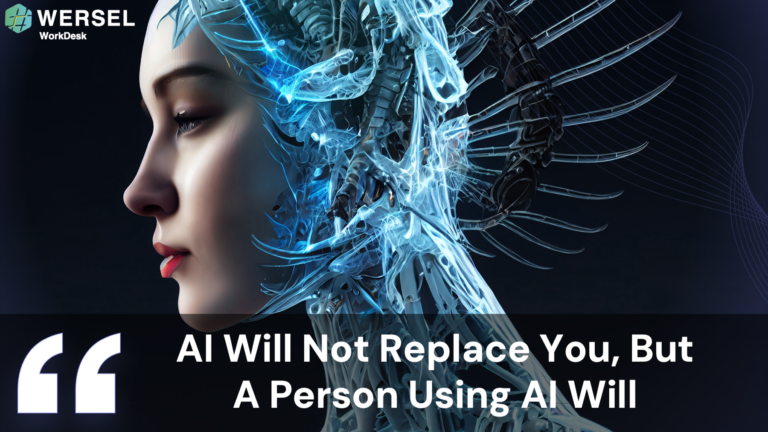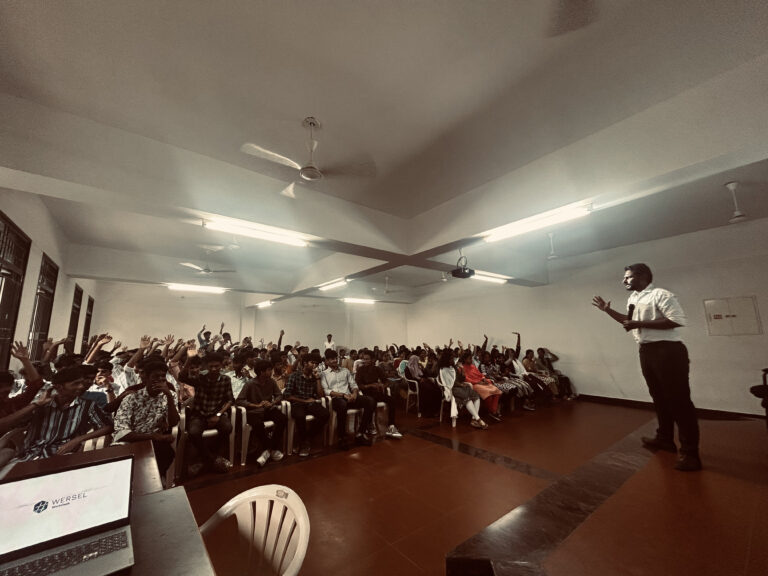
About Program
Wersel Courses understand the importance of applying theoretical knowledge to real-world scenarios.
That’s why we incorporate Wersel Projects – a cornerstone of our practical project-based learning approach.
Creativity
Practical
Collaboration
Critical Thinking

6 Month Program
300+ Learning Programs
25+ Projects
20+ Tools
Our Course Pathway
Course Overview
python for Data Science is a cutting-edge course designed to take participants from foundational Python programming to advanced applications in data science. Through hands-on modules, candidates will learn to manipulate data, perform statistical analysis, and build machine learning models. Graduates will emerge with the expertise to pursue careers in data science, start their own tech ventures, or offer specialized freelance services.
Module 1 : Introduction to Python for Data Science
Module 2 : Data Structures and Control Flow in Python
Module 3 : Working with Data Using Pandas
Module 4 : Data Visualization
Module 5 : Introduction to Statistical Analysis and Machine Learning
Module 6 : Intermediate Machine Learning
Module 7 : Advanced Topics in Data Science
Module 8 : Introduction to Generative AI
Module 9 : Generative AI use case
Module 10 : Mini Project and Introduction to Project based learning.
Module 1 : Introduction to AI and Machine Learning
Module 2 : Data Handling and Preprocessing
Module 3 : Supervised Learning Techniques
Module 4 : Unsupervised Learning and Neural Networks
Module 5 : Advanced Topics in AI and Machine Learning
Module 6 : Real-world Applications and Project Work
Module 7 : Introduction to Generative AI
Module 8 : Architecture and functioning of GANs (Generative Adversarial Networks)
Our alumni Experience of the program
Program Cretificate

Our Leading Partners




Frequently Asked Questions
The most essential skill in data science is the ability to analyze and interpret data using statistical methods and programming.
To become a successful data scientist, focus on developing strong analytical skills, proficiency in programming languages like Python and R, and gaining practical experience through projects and internships.
The highest qualification for a data scientist is often a Ph.D. in a relevant field, though many successful data scientists have master’s degrees or equivalent practical experience.
Learning data science in 3 months is challenging but possible with an intensive, focused approach, though mastery typically requires more time.
Yes, a non-IT student can learn data science by acquiring the necessary skills in statistics, programming, and domain-specific knowledge.
Data science is good for freshers as it offers numerous entry-level opportunities and a growing demand across various industries.










